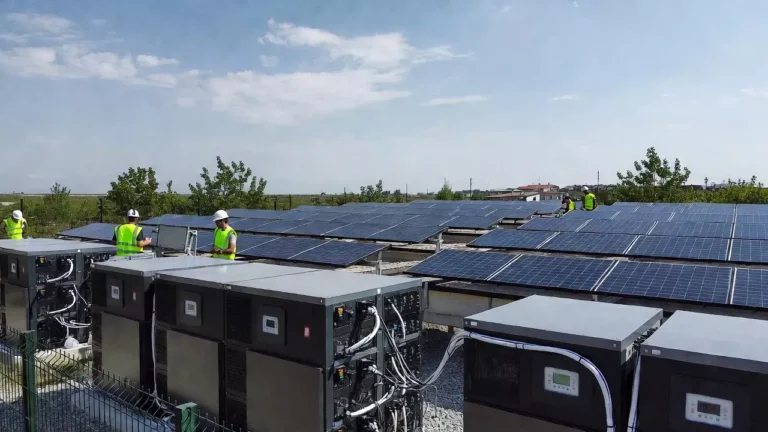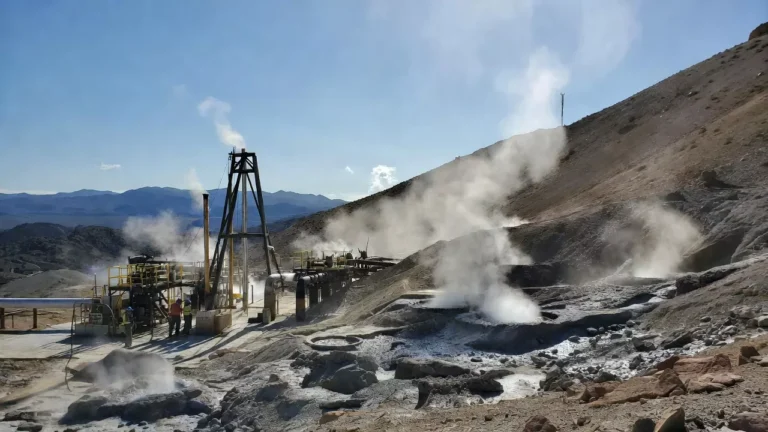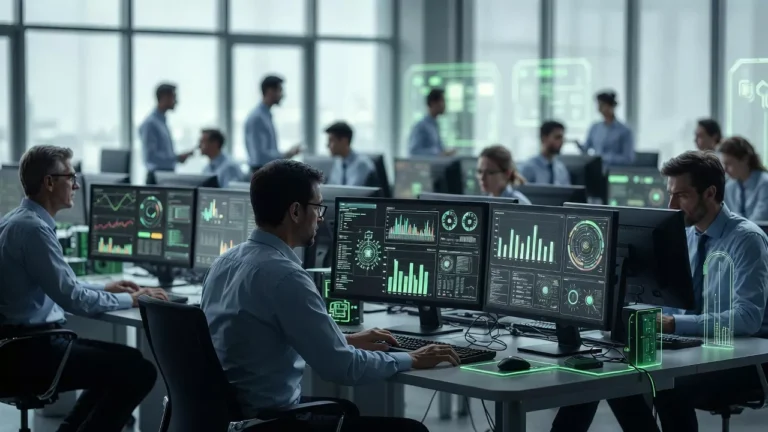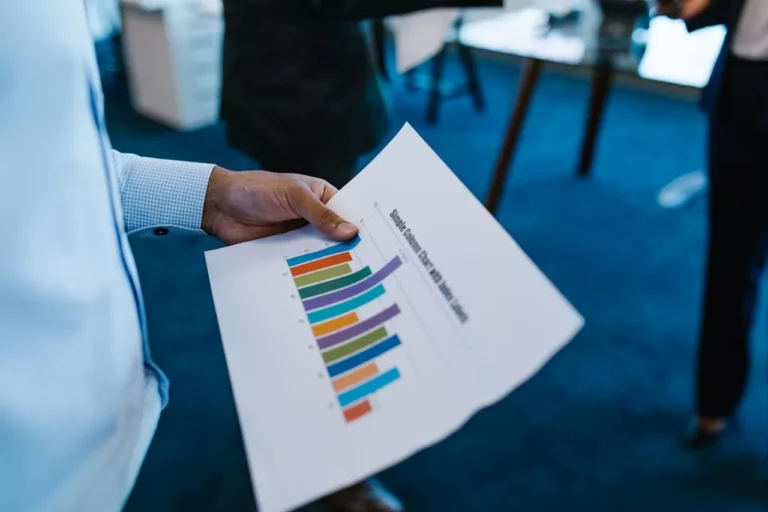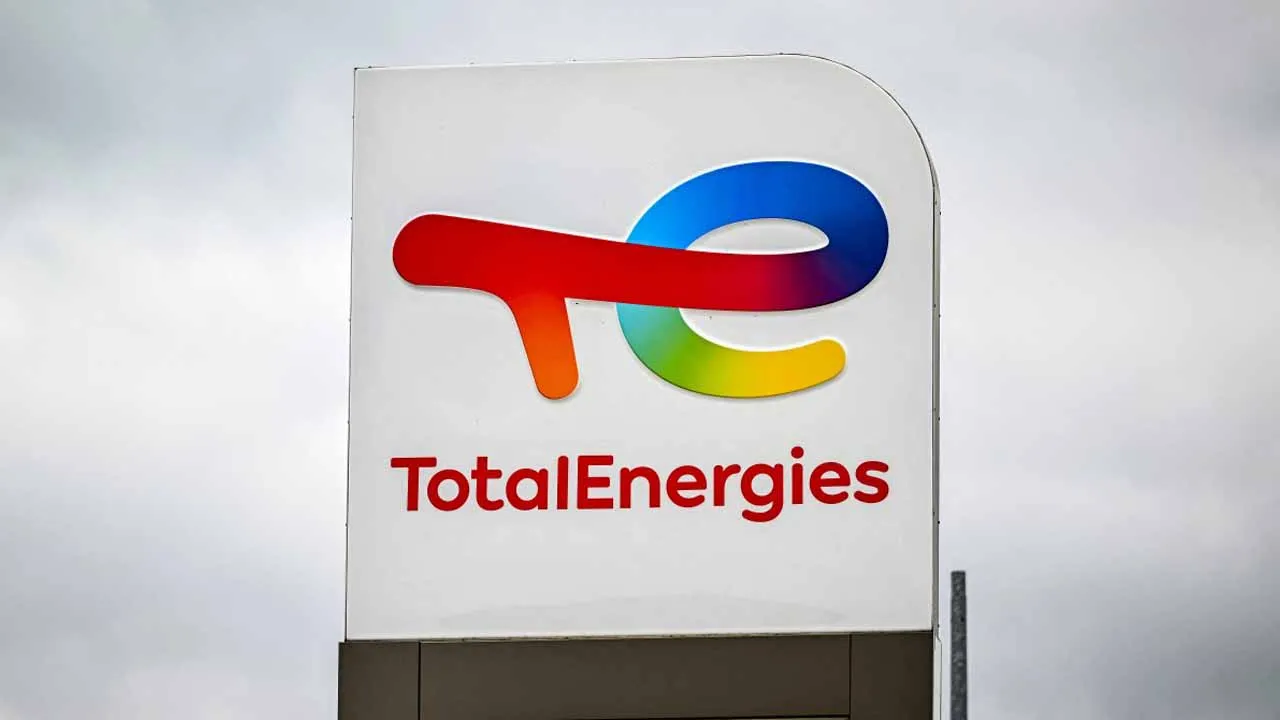
TotalEnergies and Veolia Partner to Accelerate the Energy Transition and Circular Economy
TotalEnergies (Paris:TTE) and Veolia have strengthened their long-standing partnership by signing a new memorandum of understanding (MoU) aimed at deepening collaboration across key areas of the energy transition and circular economy. This agreement aligns with both companies’ strategies to reduce greenhouse gas emissions, lower their water footprints, and advance sustainable industrial innovation. Through this partnership, TotalEnergies and Veolia intend to scale up pioneering technologies and jointly develop solutions that can be applied across industries to accelerate decarbonization and resource efficiency.
Leveraging Complementary Expertise for Global Sustainability Goals
Under this new collaboration, TotalEnergies and Veolia will combine their respective industrial strengths and expertise. Veolia brings deep knowledge in water resource management, wastewater treatment, and resource recovery from new waste streams. TotalEnergies contributes its leadership in reducing methane emissions, producing low-carbon energy, and developing advanced measurement technologies. Together, the companies aim to create synergies that amplify their environmental impact while supporting industries in transitioning toward more sustainable models of operation.
Cutting Methane Emissions from Waste Storage Facilities
One of the core initiatives under the new MoU is focused on methane emissions — a greenhouse gas significantly more potent than carbon dioxide in the short term. Veolia will explore the deployment of TotalEnergies’ AUSEA technology, a drone-based system designed to measure methane emissions accurately and efficiently. This cutting-edge solution allows operators to conduct real-time measurement campaigns at waste storage centers, detecting leaks, identifying emission hotspots, and enabling rapid mitigation actions.
Initial testing of AUSEA at Veolia’s sites demonstrated the technology’s reliability and precision. By integrating this tool into its operations, Veolia aims to strengthen its methane capture strategy, which targets an 80% methane capture rate by 2032 across its waste management sites. This project extends the use of advanced methane measurement beyond oil and gas fields into the broader waste management sector — a significant step toward decarbonizing industries often overlooked in methane reduction efforts.
Reducing the Industrial Water Footprint
Another critical area of collaboration involves water resource management, one of the most pressing sustainability challenges faced by the industrial sector. Veolia will assist TotalEnergies in achieving its goal to reduce freshwater withdrawals by 20% by 2030, compared to 2021 levels, particularly in areas facing high water stress. This effort complements TotalEnergies’ broader environmental strategy, which emphasizes resource efficiency, ecosystem preservation, and innovation in wastewater reuse.
Building on their recent partnership at SATORP, a refinery in Saudi Arabia co-owned by Saudi Aramco and TotalEnergies, the two companies are now developing wastewater reuse projects across additional TotalEnergies sites worldwide. These projects will focus on reusing municipal wastewater for industrial processes, improving discharge quality, and deploying Veolia’s advanced water treatment technologies. Through these initiatives, both companies are reinforcing their commitment to conserving freshwater resources and promoting sustainable industrial water cycles.
Powering Desalination with Low-Carbon Energy
Veolia, one of the world’s leading players in desalination, has ambitious plans to double its desalination capacity by 2030 while minimizing the energy required for these processes. TotalEnergies will contribute to this goal by supplying and integrating low-carbon energy solutions — such as solar and other renewables — into Veolia’s desalination plants.
This cooperation builds on their successful joint project in Oman, where they constructed the largest solar power plant serving a seawater desalination facility. The Oman project demonstrates how renewable energy can significantly reduce the carbon footprint of desalination — a process that now consumes ten times less energy than it did in the past. Expanding this model globally will help Veolia scale sustainable desalination, providing cleaner and more efficient access to water in regions affected by scarcity.
Recovering Critical Raw Materials from Waste
In addition to emissions and water, the partnership also addresses the recovery of strategic raw materials from waste streams — a key aspect of the circular economy. TotalEnergies and Veolia will pool their research and innovation capabilities to develop industrial-scale processes for extracting critical elements from complex waste materials. These include rare earth elements used in permanent magnets for wind turbines, photovoltaic panels, and electric vehicle batteries — resources essential for the global energy transition.
By recovering and reusing these strategic materials, the companies aim to reduce dependency on virgin mining, lower environmental impacts, and build a more resilient and circular industrial ecosystem. This collaboration reflects a growing recognition that the circular economy is not just about waste reduction but also about reclaiming valuable materials essential for future clean technologies.
Executive Perspectives: Innovation at the Core of Partnership
Estelle Brachlianoff, Chief Executive Officer of Veolia, emphasized the significance of this renewed collaboration, stating:
“I am very pleased with the agreement signed today with TotalEnergies: by combining our expertise, whether in sustainable water management, the circular economy or the reduction of methane emissions, we are putting our innovation capabilities at the service of the ecological transformation and the competitiveness of our industries.”
Patrick Pouyanné, Chairman and CEO of TotalEnergies, echoed this sentiment, adding:
“We are delighted with this partnership with Veolia. TotalEnergies has cutting-edge solutions and technologies to offer Veolia and vice versa. Together, we can make a concrete contribution to the energy transition and the circular economy. We are convinced that cooperations like those we are developing with Veolia are very useful to make tangible progress and sustainably limit the environmental footprint of our companies.”
A Model for Industrial Collaboration in the Energy Transition
The renewed partnership between TotalEnergies and Veolia represents a model for cross-sector collaboration in addressing global sustainability challenges. By merging expertise from the energy and environmental services sectors, the companies are demonstrating how integrated approaches can deliver measurable progress in emissions reduction, water conservation, and resource recovery.
As industries worldwide face increasing pressure to decarbonize, optimize resource use, and align with net-zero targets, partnerships like this one offer a pathway to shared innovation and long-term resilience. Through a combination of technological innovation, operational expertise, and shared environmental goals, TotalEnergies and Veolia are setting a strong precedent for how corporations can work together to accelerate the global energy transition — one project, one resource, and one breakthrough at a time.






